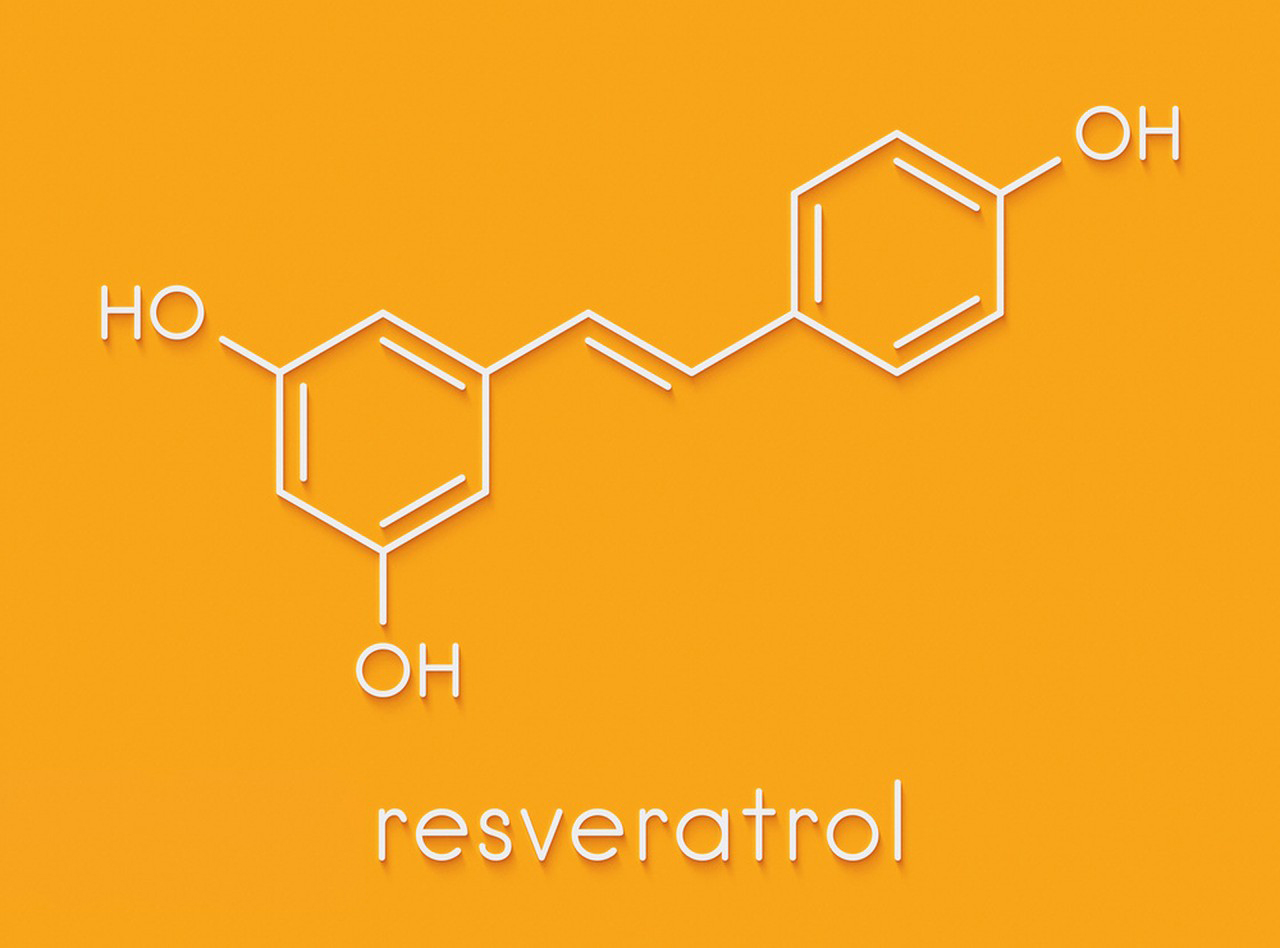Resveratrol is a natural compound found in certain plants, particularly in the skin of red grapes, and it has gained attention for its potential health benefits. While more research is needed to fully understand its effects on humans, there is some evidence to suggest that resveratrol may offer several potential benefits:
Antioxidant Properties: Resveratrol is known for its antioxidant properties, which means it can help protect cells from damage caused by free radicals. This, in turn, may help reduce the risk of various chronic diseases.
Heart Health: Some studies suggest that resveratrol may have a positive impact on heart health by improving blood vessel function and reducing inflammation. It may also help lower blood pressure and cholesterol levels.

Anti-Inflammatory Effects: Resveratrol has been associated with reduced inflammation, which is believed to play a role in the development of many chronic diseases, including heart disease and cancer.
Cancer Prevention: There is some research indicating that resveratrol may have anti-cancer properties, particularly in inhibiting the growth of cancer cells. It may also enhance the effects of certain chemotherapy drugs.
Neuroprotective Effects: Resveratrol has shown promise in animal studies for its potential to protect the brain and nervous system. It may help combat neurodegenerative diseases like Alzheimer’s and Parkinson’s.
Anti-Aging Properties: Some scientists believe that the antioxidant and anti-inflammatory effects of resveratrol may contribute to a longer and healthier lifespan. This is a topic of ongoing research.
Weight Management: Resveratrol may help with weight management by improving metabolic function and fat metabolism. Some studies in animals have shown it can prevent obesity and increase exercise performance.
Blood Sugar Regulation: Research has suggested that resveratrol may help improve insulin sensitivity and regulate blood sugar levels, which could be beneficial for individuals with diabetes or those at risk.
Longevity: Resveratrol has been linked to the extension of lifespan in certain animals, although it’s important to note that translating these effects to humans is complex and not fully understood.
Skin Health: Some skin creams and products contain resveratrol due to its potential benefits for skin health. It may help protect the skin from UV damage and promote a more youthful appearance.
It’s essential to keep in mind that while resveratrol shows promise in many areas, much of the research has been conducted on animals or in cell cultures, and results in humans can vary. Additionally, the optimal dosage and form of resveratrol for different health benefits are still subjects of ongoing research. It’s always advisable to consult with a healthcare professional before adding any supplement to your diet, including resveratrol, especially if you have underlying medical conditions or are taking medications.
